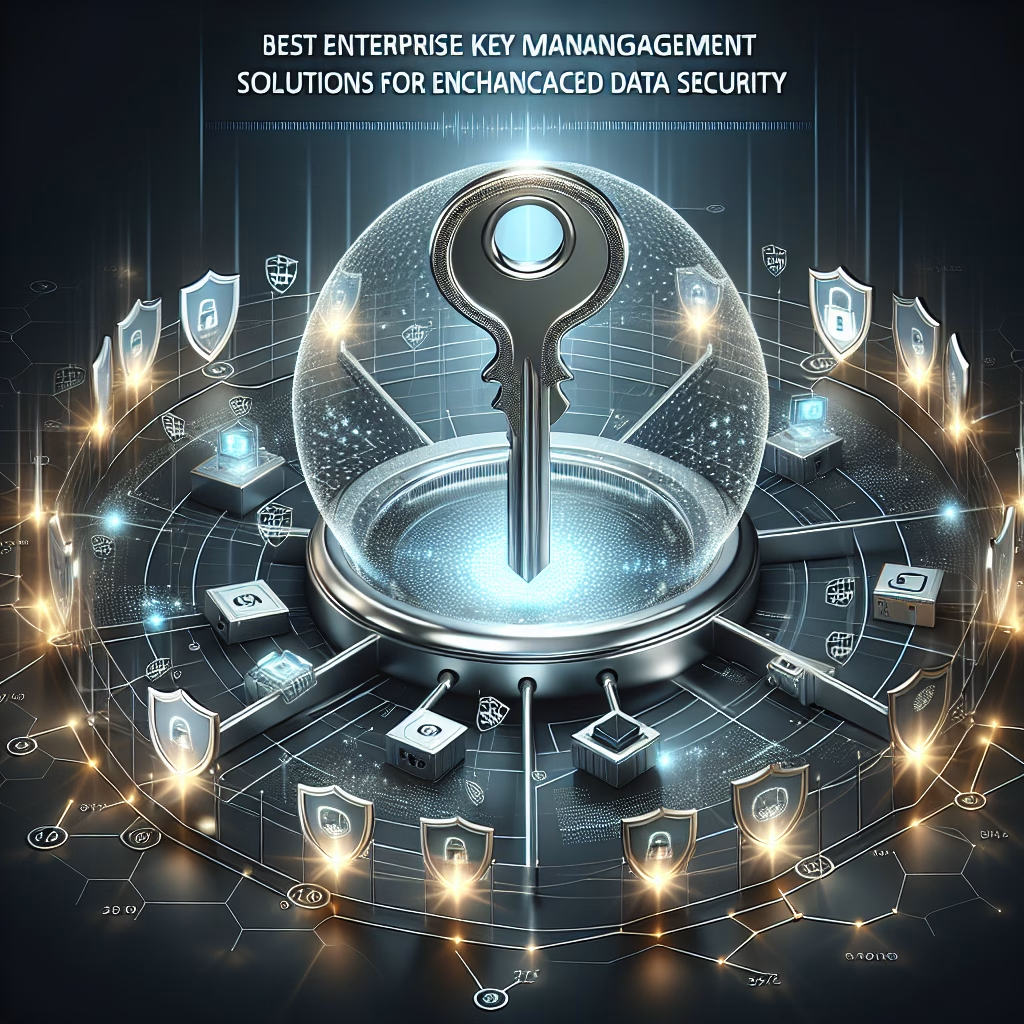BitLocker Enterprise Key Management Solutions
Summary:
BitLocker Enterprise Key Management (BEKM) solutions are centralized systems designed to enhance BitLocker encryption management in organizational environments. These solutions automate key storage, recovery, and policy enforcement, ensuring compliance and reducing administrative overhead. BEKM integrates with Active Directory (AD) or Azure Active Directory (AAD) to securely store recovery keys and monitor encryption statuses. Common scenarios that necessitate BEKM include regulatory compliance (e.g., HIPAA, GDPR), lost or corrupted keys, and security audits.
What This Means for You:
- Immediate Impact: Without BEKM, organizations risk data loss due to unrecoverable BitLocker keys, leading to operational disruptions and compliance violations.
- Data Accessibility & Security: Ensure recovery keys are backed up in AD or AAD and restrict access to authorized personnel only.
- System Functionality & Recovery: Implement automated key escrow and regular audits to validate encryption status and key availability.
- Future Outlook & Prevention Warning: Failure to adopt BEKM may result in inefficiencies, security gaps, and non-compliance penalties as encryption requirements evolve.
Explained: BitLocker Enterprise Key Management Solutions
Solution 1: Configuring Active Directory Backup for BitLocker Keys
Storing BitLocker recovery keys in Active Directory (AD) is a foundational BEKM practice. To enable this, configure Group Policy by navigating to Computer Configuration > Administrative Templates > Windows Components > BitLocker Drive Encryption. Enable the policy "Store BitLocker recovery information in Active Directory Domain Services". Ensure the "Require BitLocker backup to AD DS" option is checked. After applying the policy, use PowerShell to verify key storage: Get-BitLockerVolume | fl RecoveryPassword. This ensures keys are replicated across domain controllers for redundancy.
Solution 2: Using Azure Active Directory for Cloud-Based Key Management
For hybrid or cloud-first environments, Azure Active Directory (AAD) provides scalable key storage. Enable the "BitLocker recovery information stored in Azure AD" policy via Microsoft Endpoint Manager or Group Policy. Use the Manage-bde -protectors -get C: command to confirm key uploads to AAD. AAD offers additional security features like conditional access policies, ensuring keys are only accessible from compliant devices.
Solution 3: Implementing MBAM for Large-Scale Deployment
Microsoft BitLocker Administration and Monitoring (MBAM) streamlines enterprise key management. Deploy MBAM servers and configure the MBAM Group Policy Templates to enforce encryption policies. Key features include self-service recovery portals for users and compliance reporting. Use the MBAM Recovery and Hardware Database to audit key access and monitor encryption statuses across endpoints.
Solution 4: Recovering Data After Key Loss
If keys are lost, recover them via AD or AAD using the BitLocker Recovery Password ID. For AD, use the Get-ADObject PowerShell cmdlet with the recovery GUID. For AAD, access the BitLocker Recovery Keys blade in the Azure portal. If keys are irretrievable, use data recovery tools like WinPE with the repair-bde command for forensic extraction.
People Also Ask About:
- Can BitLocker keys be recovered after a hardware failure? Yes, if keys were backed up to AD or AAD, they can be retrieved using the Recovery Password ID.
- Does BEKM work with TPM-less devices? Yes, but it requires alternative authentication methods like startup passwords.
- How often should BitLocker keys be rotated? Rotate keys quarterly or after significant security events to minimize exposure.
- Is MBAM deprecated? No, but Microsoft recommends transitioning to Azure-based solutions like Intune for long-term support.
Other Resources:
- Microsoft Docs: BitLocker Group Policy Settings
- NIST SP 800-111: Guide to Storage Encryption Technologies
Suggested Protections:
- Enable multi-factor authentication for key retrieval in AAD.
- Regularly audit AD and AAD for orphaned or outdated BitLocker keys.
- Deploy MBAM or Intune for granular policy enforcement and reporting.
Expert Opinion:
BEKM is no longer optional—it’s a critical component of modern endpoint security. Organizations must prioritize automation to mitigate human error and ensure seamless recovery. The shift toward cloud-based management (e.g., Intune) reflects broader trends in Zero Trust and decentralized IT environments.
Related Key Terms:
*Featured image sourced by DallE-3





